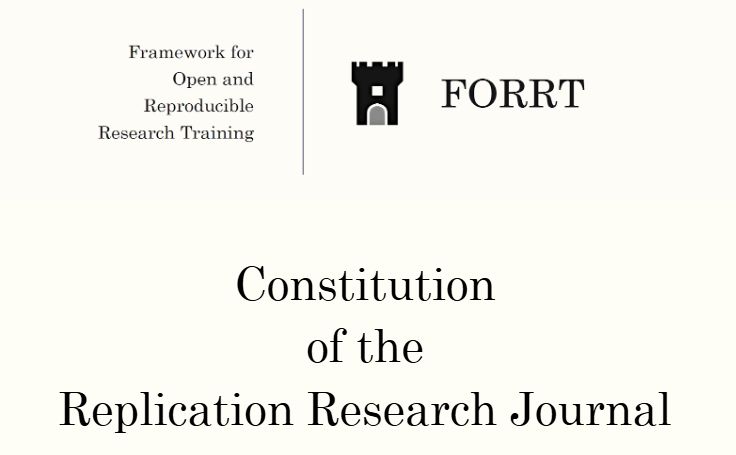Thomas Meyer
@thmeyer.bsky.social
900 followers
1.7K following
100 posts
Postdoc & CBT therapist in training. Stress, trauma, fatigue, comparative thinking in self-evaluation. Akademischer Wildwuchs @uni-muenster.de @morinalab, formerly @uclpals.bsky.social, @CogPT_lab, & @maastricht_fpn
Posts
Media
Videos
Starter Packs
Pinned
Reposted by Thomas Meyer
Reposted by Thomas Meyer
Reposted by Thomas Meyer
Thomas Meyer
@thmeyer.bsky.social
· Sep 5
Reposted by Thomas Meyer
Reposted by Thomas Meyer
Reposted by Thomas Meyer
Thomas Meyer
@thmeyer.bsky.social
· Aug 24
Reposted by Thomas Meyer
Reposted by Thomas Meyer
Daniel Lakens
@lakens.bsky.social
· Aug 15
Reposted by Thomas Meyer
Dan Quintana
@dsquintana.bsky.social
· Aug 13

Error rates of human reviewers during abstract screening in systematic reviews
Background Automated approaches to improve the efficiency of systematic reviews are greatly needed. When testing any of these approaches, the criterion standard of comparison (gold standard) is usuall...
doi.org
Reposted by Thomas Meyer
Reposted by Thomas Meyer
Reposted by Thomas Meyer
Reposted by Thomas Meyer
Reposted by Thomas Meyer
Reposted by Thomas Meyer
Daniel Lakens
@lakens.bsky.social
· Apr 23
Blaming the Thermometer for the Fever: Separating Misapplication from Method in Null Hypothesis Significance Testing
In empirical research, Null Hypothesis Significance Testing (NHST) is the most common methodology to interpret research findings and make inferences, particular
papers.ssrn.com
Reposted by Thomas Meyer
Reposted by Thomas Meyer











